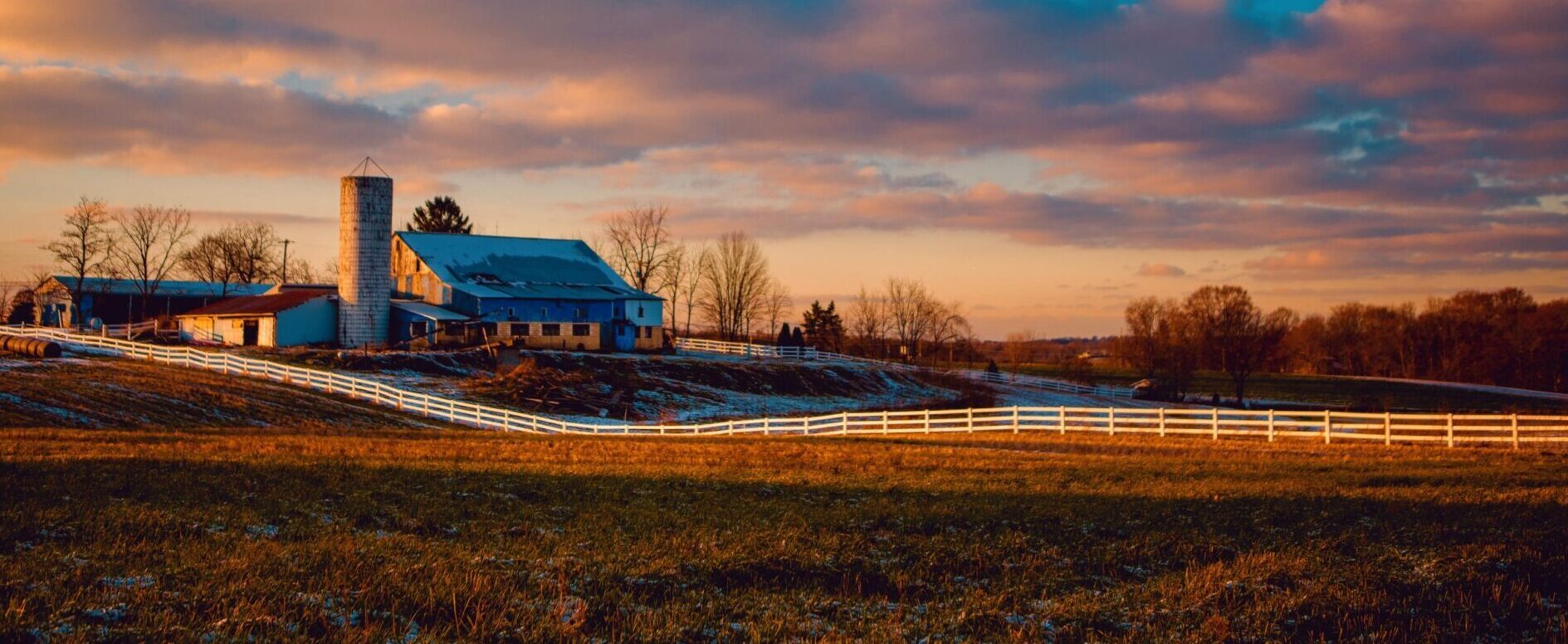Canada is emerging out of two years of the pandemic, and the most recent federal Budget is the first in two years to not focus on emergency income supports. With affordability being a key theme, this Budget comes as inflation in Canada reaches a 30-year high, and home prices in Canada have increased 51% in two years. Key priorities in the 2022 federal Budget are housing, climate change, defence spending, and addressing affordability challenges that many Canadians are facing.
Here’s a breakdown of what last week’s Budget entails:
Housing
Housing supply has been an increasingly critical issue in Canada. This Budget was heavily focused on housing, with more than $10 billion in new spending towards housing-related initiatives. The government has targeted what many consider two key problems making housing more unaffordable: insufficient supply and the finacialization of housing.
On supply, a January 2022 report from the Bank of Nova Scotia found that Canada has the lowest supply of homes (population-adjusted) among the G7 countries. To address this, the budget includes $4 billion towards the creation of a new Housing Accelerator Fund to support municipalities in speeding up housing development, with a goal of building 100,000 new units over the next five years. $1.5 billion will also be spent to create 6,000 new units to tackle homelessness over the next two years
To attack the problem of an increased number of investors competing with ordinary renters and buyers looking for a place to live, the government announced a two-year ban on foreign investors of homes, though many economists believe this will have a relatively minor impact on affordability given the scale of foreign investing in Canada’s housing market. The government also announced an anti-flipping tax, where profits from sales of residential properties would be taxed as business income, if those properties were held for less than a year.
The Budget also includes the announcement of a new savings account targeted towards first-time home buyers. This new account would help new home buyers save up to $40,000 tax free. Critics were quick to point that the stated goal of doubling the pace of building housing is unlikely to be produced from this package of changes alone.
Health
On the heels of the Liberal-NDP confidence-and-supply agreement, this Budget allocates $5.3 billion towards creating a dental care plan for Canadians over the next five years, with $1.7 billion in continuing funding to expand access to dental care. The plan is set to start this year, starting with children under 12, and will be fully implemented by 2025. The dental plan will be limited to families with incomes under $90,000 per year.
Environment and Climate Change
The Budget is accelerating many of the climate related initiatives that are intended to help sectors — like mining, agriculture, transportation, energy and building – transition more quickly. A total of $7.5 billion will go towards numerous climate-related initiatives, in an effort to reach Canada’s goal of net-zero emissions by 2050. This includes $1.7 billion over five years towards extending the incentives for zero-emission vehicles, $700 million towards greening buildings and neighbourhoods, and $578 million in incentives to encourage businesses to purchase zero-emission vehicles.
Defence
The Budget may mark a shift in Canada’s approach to national security, with major parties now all agreed on the need to increase military spending. With the Russian invasion of Ukraine, many countries have been revisiting their defence budget. In Canada’s recent budget, the government allocated $6.1 billion over five years in direct spending by the Defence Department to add capacity to the Canadian Armed Forces, with another $1.4 billion in annual spending in the future. This will bring Canada’s defence spending to 1.5% of GDP – still short of NATO’s 2% target. The Budget also adds $875 million over five years to planned spending on cybersecurity, including dedicated money for universities to secure intellectual property and research.
Reconciliation
The budget allocates $10.6 billion towards reconciliation initiatives with Indigenous communities. $4 billion in proposed spending will go to supporting First Nations children’s access to health, social, and educational services. Another $4 billion is proposed to address housing gaps in First Nations communities; this includes $2.4 billion for housing on reserves, and $845 million for housing in Inuit communities.
On the heels of discovering hundreds of unmarked graves at former residential school sites, the Budget proposes $210 million to support the documentation, locating, and memorializing of burial sites.
Small Businesses
Small business owners will get a new tax break. The Budget proposes a higher threshold for phasing out of the current tax break system for small businesses, with $50 million being the new benchmark for small businesses to access a lower tax rate rather than $15 million, costing the government $660 million over the next five years. The budget also proposes creating a dedicated trust vehicle under the Income Tax Act to support Employee Owned Trusts in Canada.
Other budget promises include:
- support for early learning and childcare infrastructure ($625 million)
- money to speed up immigration processes ($385 million over five years, and $87 million per year after that)
- funding to build more resilient supply chains ($600 million)
- money to boost the development of Canada’s critical minerals sector ($1.5 billion).
Read the full federal budget document here.
Seher Shafiq is Community & Partnerships Editor at First Policy Response and Active Citizenship Manager at North York Community House.


